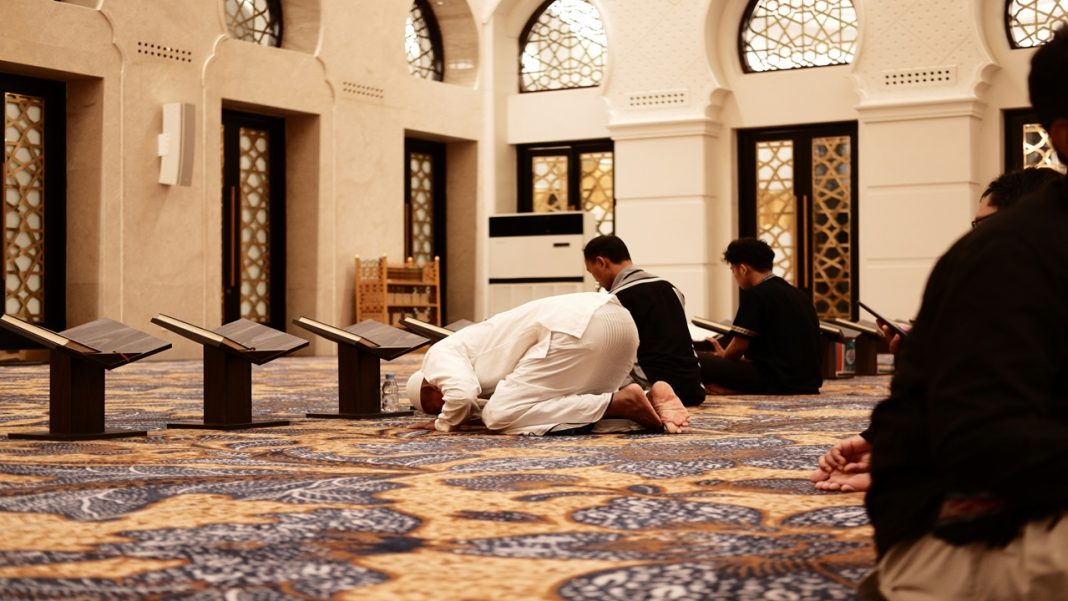The first call of the day arrives when most streets are quiet and the air is still. On September 26, 2025, Muslims across India will step out of sleep to gather for Fajr prayer. This early prayer, tied directly to the first trace of light before sunrise, is more than ritual; it is rhythm.
Across cities and villages, from the crowded lanes of Delhi to the coastal quarters of Kochi, the time of Fajr changes by minutes, yet those minutes matter. Families set alarms, mosques adjust microphones, and early commuters plan their movements around this exact moment.
Fajr Prayer Time in India for September 26, 2025
The timing is never identical in every part of the country. Astronomical positions, longitude, and latitude all decide the clock. For September 26, 2025, the schedule looks like this for some of the largest cities:
- Delhi: 04:53 AM
- Mumbai: 05:21 AM
- Hyderabad: 05:08 AM
- Bengaluru: 05:11 AM
- Kolkata: 04:29 AM
- Chennai: 05:07 AM
Each city keeps to its calculated minute. For someone in Kolkata, the morning begins well before five, while in Mumbai, the first call stretches closer to half-past five. The difference may sound small, yet it can be felt in the way morning air hangs heavier in one place and lifts faster in another.
Regional Variations in Fajr Prayer Across India
India’s size and geography create natural variation. Fajr in Srinagar has an entirely different feel compared to Fajr in Madurai. Even within the same region, two towns separated by a few hundred kilometres may hear the adhan at slightly different times. This variation has always been part of life in such a vast country.
Northern India
In northern states, Fajr arrives earlier than many expect. Delhi, Lucknow, and Chandigarh all schedule prayer before five this week. In these regions, the late September air carries a nip, sometimes strong enough to make the walk to the mosque feel sharper than a winter morning in southern cities. Many describe the sound of the call echoing against still neighbourhoods, while tea sellers in smaller towns begin to stir their pots.
Western India
Western centres like Mumbai, Pune, and Ahmedabad sit further west, delaying sunrise compared to eastern zones. Here, Fajr often slides into the five o’clock bracket. The sea breeze influences everything, including how mornings feel. On certain days, worshippers walk through misty air smelling faintly of salt. In Mumbai, the prayer call mixes with the early horns of buses heading into the city’s heart.
Southern India
Hyderabad, Bengaluru, and Chennai show a near uniformity. Around five past five, the first prayer begins. The tropical weather gives mornings a softer feel compared to the north. Fans still turn in bedrooms, dogs bark in quiet lanes, and temples begin their own rituals almost alongside mosques. In these places, Fajr fits naturally into a wider pattern of morning devotion across religions.
Eastern India
Eastern states experience the earliest prayers. Kolkata, Guwahati, and Bhubaneswar see Fajr before many across India even begin to stir. On September 26, Kolkata records 04:29 AM. The sky brightens quickly in this region, leaving less time between Fajr and the first rays of the sun. The streets here often remain deserted except for milkmen on cycles and the faint clatter of newspaper bundles being dropped off at doorsteps.
Why Prayer Times Differ from City to City?
Differences in Fajr timings across India come down to the simplest of reasons: geography. The prayer is tied to dawn, and dawn does not arrive at the same instant in Delhi and in Chennai. Eastern states catch daylight earlier, while western states linger in darkness longer. Elevation also plays its part; higher towns often see first light quicker than low-lying areas.
For practicing Muslims, such precision is not optional but essential. Local mosques and religious boards use astronomical calculations to prepare daily schedules. These times are published well in advance, often distributed as calendars or updated on mobile apps. A small slip can alter observance, which is why accuracy remains central.
What is constant across the country is the discipline of beginning the day with prayer. For some, it means walking through cool fog. For others, it is a warm breeze drifting in through open windows. Regardless of the backdrop, the act ties millions together in a single moment every morning.



